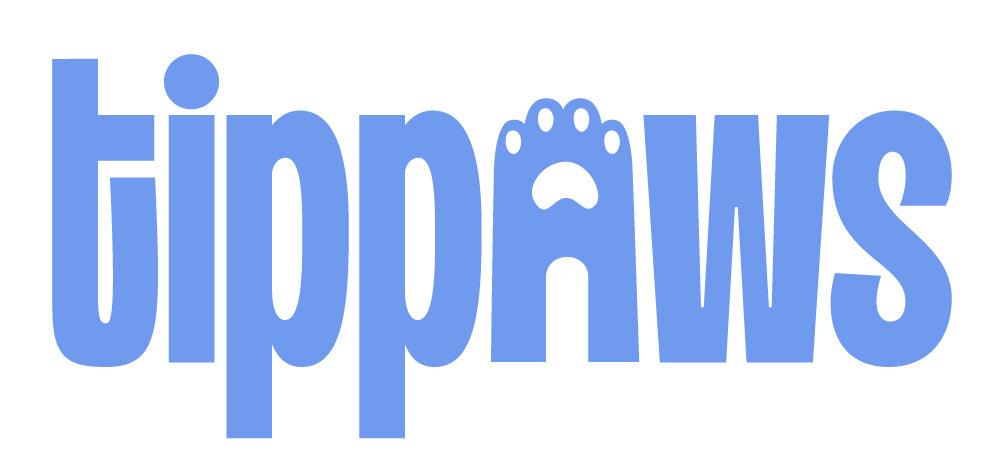Ultimately, the best choice for your cat will depend on their individual needs and preferences. Here are five things to consider when deciding between dry and wet food.
1. Level of animal protein
Cats are obligate carnivores, which means they require a diet that is rich in animal protein. Animal protein is an important source of essential amino acids, which are the building blocks of proteins. These amino acids are necessary for many of the body's functions, including muscle growth and repair, immune function, and the production of enzymes and hormones.
Animal protein is also an important source of taurine, an amino acid that is essential for cats. Taurine is necessary for maintaining normal heart function, supporting eye health, and supporting the reproductive system. It is also necessary for the formation of bile acids, which help cats digest fats and absorb fat-soluble vitamins. Learn more about Taurine here.
It's important to choose a cat food that is high in animal protein and low in carbohydrates. Look for a cat food that lists a high-quality source of animal protein, such as chicken, beef, or fish, as the first ingredient. Avoid cat foods that are primarily made up of by-products.
2. Palatability
Just like people, cats have their own individual taste preferences. Some cats may prefer certain flavours or textures over others. There’s only one way to find out - give it a go!
If you are introducing a new type of food to your cat, it is important to do so gradually to give your cat time to adjust. It is also a good idea to offer a variety of different types of food, including wet and dry food, and to rotate the flavours to keep things interesting.
If you are concerned about your cat's food intake or if they are picky eaters, it is a good idea to consult with a vet for guidance. They can help determine the cause of your cat's picky eating habits and recommend a course of action.
3. Dental health
Dry food can help support dental health in cats in several ways:
- Mechanical cleansing action: When cats chew dry food, the abrasive nature of the kibble can help scrape away plaque and tartar from the teeth. This mechanical cleansing action can help reduce the build-up of these substances, which can contribute to dental issues.
- Saliva production: Chewing dry food can stimulate saliva production, which can help neutralise acid in the mouth and rinse away food particles.
- Dental health-specific formulations: Some dry foods are formulated specifically for dental health and may contain ingredients that are intended to help support dental health.
It's worth noting that while dry food can be beneficial for dental health, it is not a substitute for regular dental care from a vet. Regular dental check-ups and cleanings, as well as a good oral hygiene routine at home, are important for maintaining the dental health of your cat.
4. Access to drinking water or a food with moisture
Water is an essential nutrient for cats and is necessary for many of the body's functions. Adequate hydration is important for maintaining the health of the skin, coat, and kidneys, and it can also help support healthy digestion.
Cats get some of their moisture from their food, but it is important for them to have access to clean, fresh water at all times. Some cats may be more prone to dehydration than others, such as older cats, cats with certain medical conditions, and cats that are on certain medications.
It's a good idea to encourage your cat to drink more water by placing multiple water bowls around the house, using a fountain-style water bowl, and making sure that the water is clean and fresh. If your cat is not drinking enough water, it is a good idea to consult with a vet for guidance.
5. Cost
In general, wet food tends to be more expensive than dry food. This is because wet food is typically more expensive to produce and has a shorter shelf life than dry food. Wet food is also typically more expensive to ship, as it is heavier than dry food.
However, it is worth noting that the cost of cat food can vary widely depending on the brand and the ingredients used. Some wet foods may be more expensive than others, and some dry foods may be more expensive than others. It's a good idea to compare prices and read the ingredient list and nutritional information on the packaging to determine which food is the best value for your money.
It's also important to consider the nutritional needs of your cat when choosing a food. A higher-quality food may cost more upfront, but it may also be more nutritionally balanced, which could potentially save money on vet bills in the long run.
6. Convenience and storage
This may be a priority for you, if so dry food tends to be easier to store and the shelf life can be longer.
Other questions you may ask are: what is the best dried food for cats? And is it ok to feed cats dry food only? We'll answer these questions in a future blog post. Let us know if there is anything else you want us to cover in the comments below.
As always, please seek advice from your vet if you have any concerns about your cat's health.
Head to our shop to try Tippaws dry food. New customers get 10% off their first orderg when they sign up to our newsletter.

